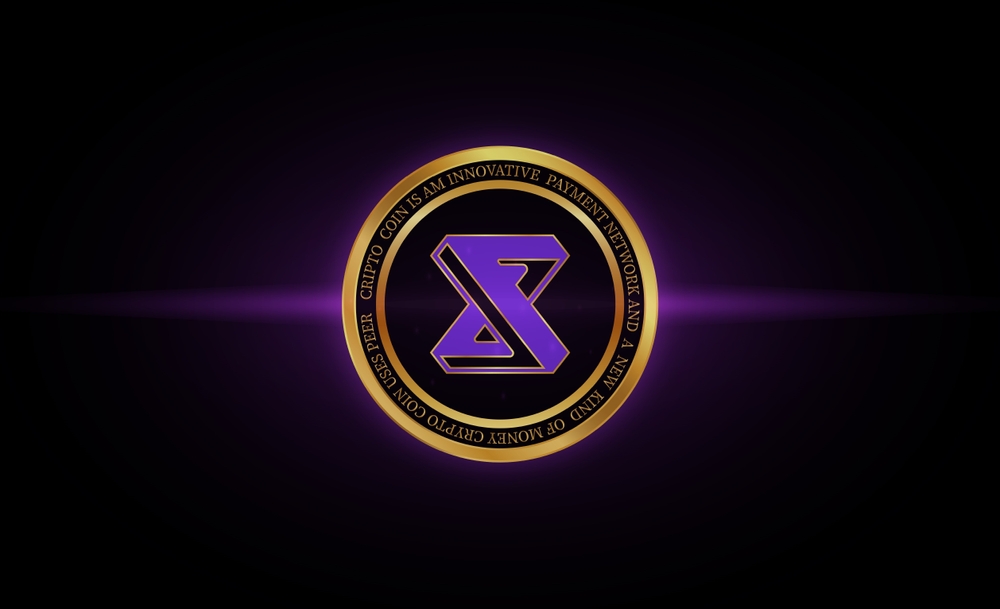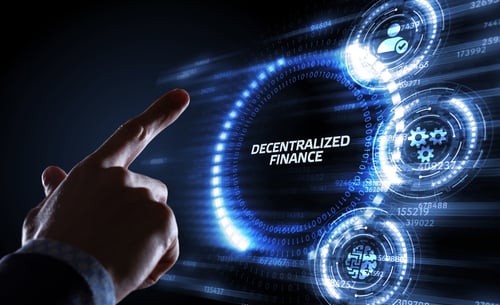Given the ongoing FTX fiasco, we’ve seen an influx in searches for decentralized exchanges (DEXs) from the crypto-curious community. One of the major benefits of managing your digital assets from a DEX is security and protection. Centralized exchanges have become a frequent target for hackers and scammers, which has been another driving force in the growing interest in decentralized finance (DeFi).
This isn’t to say that centralized exchanges are unsafe, as many trustworthy and reliable exchanges operate today. But, giving over control to scam artists such as Sam Bankman-Fried has ended in tragedy for millions of people worldwide. One of the advantages of decentralized exchanges is that you maintain custody of your assets, meaning nobody can control your money.
The DeFi space is booming. Today there are hundreds of DEXs to choose from when depositing funds. But which is the best? More importantly, which is the best-decentralized crypto exchange for you? We will explore these questions and ensure you pick the right DEX to suit your investment needs.
What is a Decentralized Exchange?
A decentralized exchange is a trading platform that has no central authority. As such, no single entity holds and manages users’ digital assets. Each trader holds control over their private keys, which is a huge benefit in the current climate of the crypto space. With no single point of failure, these types of exchanges are considerably more secure compared to major centralized exchanges.
Another big draw of DEXs is that there is no requirement to reveal personal information and no KYC or registration process. For any crypto evangelists, DEXs are seen as an integral part of the future of finance. Without the need for centralized governing bodies, we are moving towards an entirely new financial system and one which many envisage being the purpose of cryptocurrency in the first place.

How Do DEXs function?
The vast majority of the DEXs operating today are built on the Ethereum blockchain and make use of smart contracts to perform to carry out transactions (trades). Many DEXs are cross-chain compatible, maximizing the number of digital assets they can offer. Even in cross-chain trades, users are paying minimal fees, in some cases, none, making DEXs considerably more appealing to crypto traders.
The trading process is simplistic and often takes just a few minutes, if not less. Anyone who has yet to use a DEX before can use our one-of-a-kind cryptocurrency exchange filter to find decentralized exchanges.
Top Five Decentralized Cryptocurrency Exchanges
Our team of in-house trading experts has compiled a short list of the best DEXs operating today. Below you’ll find the top five.
Kyber Swap
Kyber Swap offers a range of liquidity pools, which the platform’s users provide. By running the platform this way, customers gain a 0.3% trading fee share whenever their trading pair is used. Operating trades on the back of underlying liquidity pools is a great way to make the exchange more inclusive and promote the use of DeFi.
Kyber has a native token called Kyber Network Crystals (KNC) that is used for governance and allows users to claim trading fees earned through the trading pools. What makes Kyber Swap so popular in the DeFi community are its liquidity pools, which are some of the deepest compared to all DEXs. We are seeing an increasing number of DeFi apps using Kuber as their underlying protocol, which has aided in the platform’s growth.
Uniswap
Uniswap is one of the leading decentralized exchanges operating on the Ethereum network, offering instantaneous swaps of any ERC-20 asset with the flick of a finger. ERC-20 assets. According to Etherscan, there are some 450,000 ERC-20 smart contracts as of November 2022.
Much like Kyber Swap, the platform is permissionless and trustless, operating on the back of underlying liquidity pools. By supplying two underlying tokens, users can earn 0.3% of the trading fee anytime the pair is used. What does make Uniswap different from Kyber Swap is that rewards earned from trades are paid out in the relevant cryptocurrency rather than in the platform’s native token, as Uniswap doesn’t have one.
PancakeSwap
PancakeSwap skyrocketed in popularity in recent years, partly due to the help the project has gained from the world’s leading centralized platform Binance, due to the fact the PancakeSwap team chose to build the exchange on the Binance Smart Chain.
One of the major benefits of that decision is that the Binance Smart Chain offers very competitive trading fees compared to other major DEXs and offers almost instantaneous transactions. PancakeSwap offers its native token CAKE, which can be very lucrative when staked because CAKE offers some great rewards to holders.
IDEX
IDEX is another Ethereum-based decentralized exchange. IDEX is the first DEX set up on the Ethereum network and offers real-time trading. IDEX developers boast one of the most advanced Ethereum DEXs, supporting limit and market orders, gas-free cancels, and the capacity to simultaneously fill various orders.

The platform has smart contracts and a trading engine, combining the order book model and automated market. The platform is a DEX with centralized components, supported by Ethereum, Binance Smart Chain, and Polkadot.
1inch
A name as intriguing as the exchange itself, which operates as an aggregator that works out the best crypto prices across DEXs. It works by rerouting trades between them. 1inch is a great option for full-time traders hunting the lowest price for individual trades, as you will always get the best rate for your swap.
Another great aspect of the 1inch exchange is that it doesn’t charge additional fees and offers cross-chain compatibility. The 1inch native token is CHI, a gas token users can acquire and then use to significantly reduce the cost of their transactions.
 Nikolas Sargeant
Nikolas Sargeant





